5 Personal Habits for the New Year That Also Help Solve World Hunger
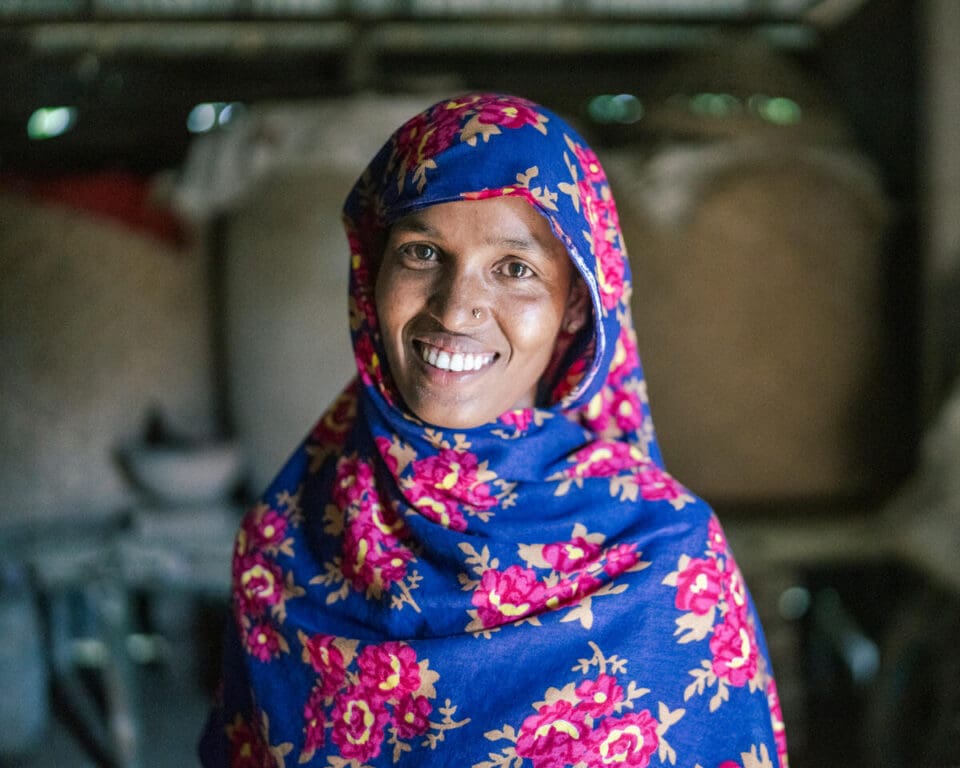
With the New Year, many of us have the desire to make resolutions. We want to build healthy behaviors, take more time for ourselves and pursue our dreams. What if some of those goals not only benefited us personally, but also the world?
As you choose which habits you’ll nurture this year, consider our recommendations that can help you stick to your resolutions while helping people around the world who are hungry.
1. Be More Informed and Aware
It’s important to stay informed about what’s happening around the world, but it can be difficult to sort through all the news. From misinformation to sensationalism, trying to filter through the noise can be overwhelming. The United Nations has identified misinformation, or the “infodemic,” as a major issue to combat.
A good habit to develop in the new year is being more selective with your information feed and curating where you get your news. Make sure your sources are credible and reliable, and keep a balance of news that’s in the spotlight, like the conflict in Gaza, and news that doesn’t always make the headlines, like the ongoing plight of Syrian refugees.
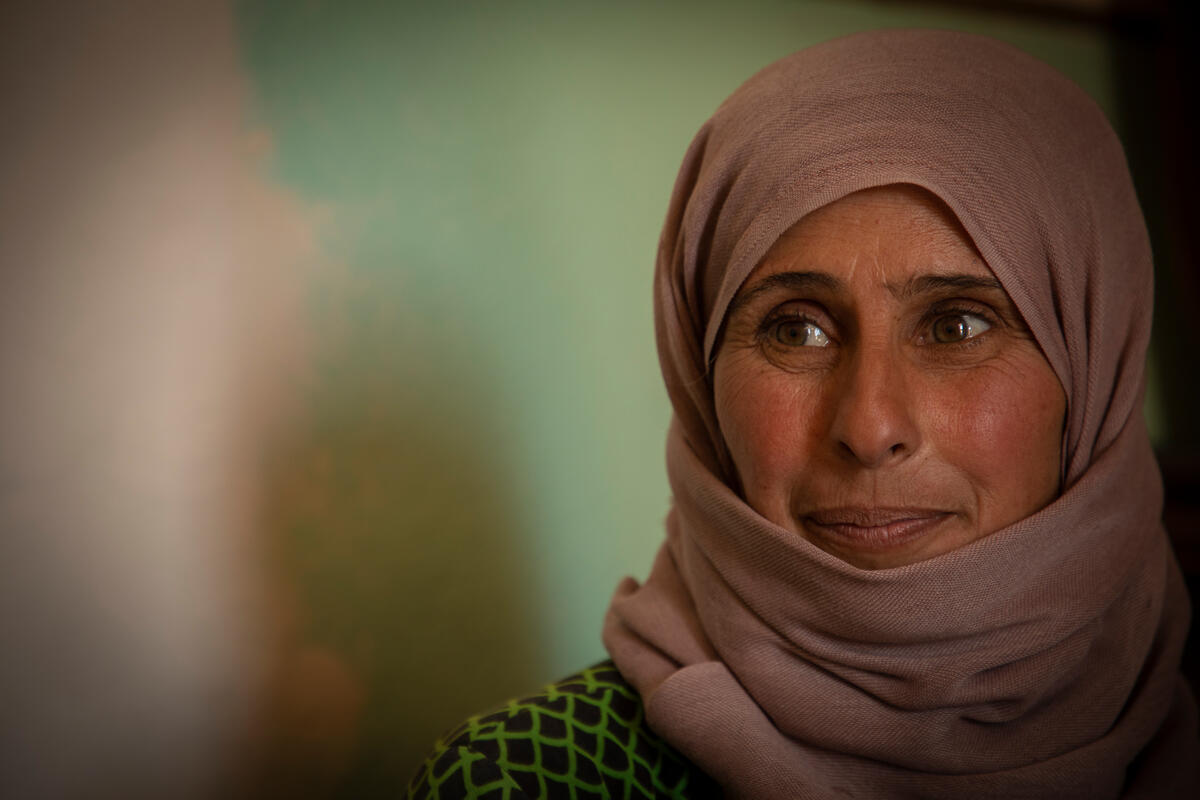
It’s important to be informed about both local and global issues that impact yourself and others.
For news on hunger and humanitarian issues, look no further than the World Food Program USA’s Newsroom. You’ll find reports from the field on emergencies happening around the world, in-depth articles on topics like food waste and sustainable agriculture, and inspirational stories of the lives being changed by the United Nations World Food Programme (WFP). Bookmark the page and make it one of your go-to sources for unbiased global news.
2. Use Social Media for Good
One of your New Year’s resolutions may be to use social media less frequently. It’s not a bad choice – scrolling through social media too often can have negative effects on your mental health and even your physical health.
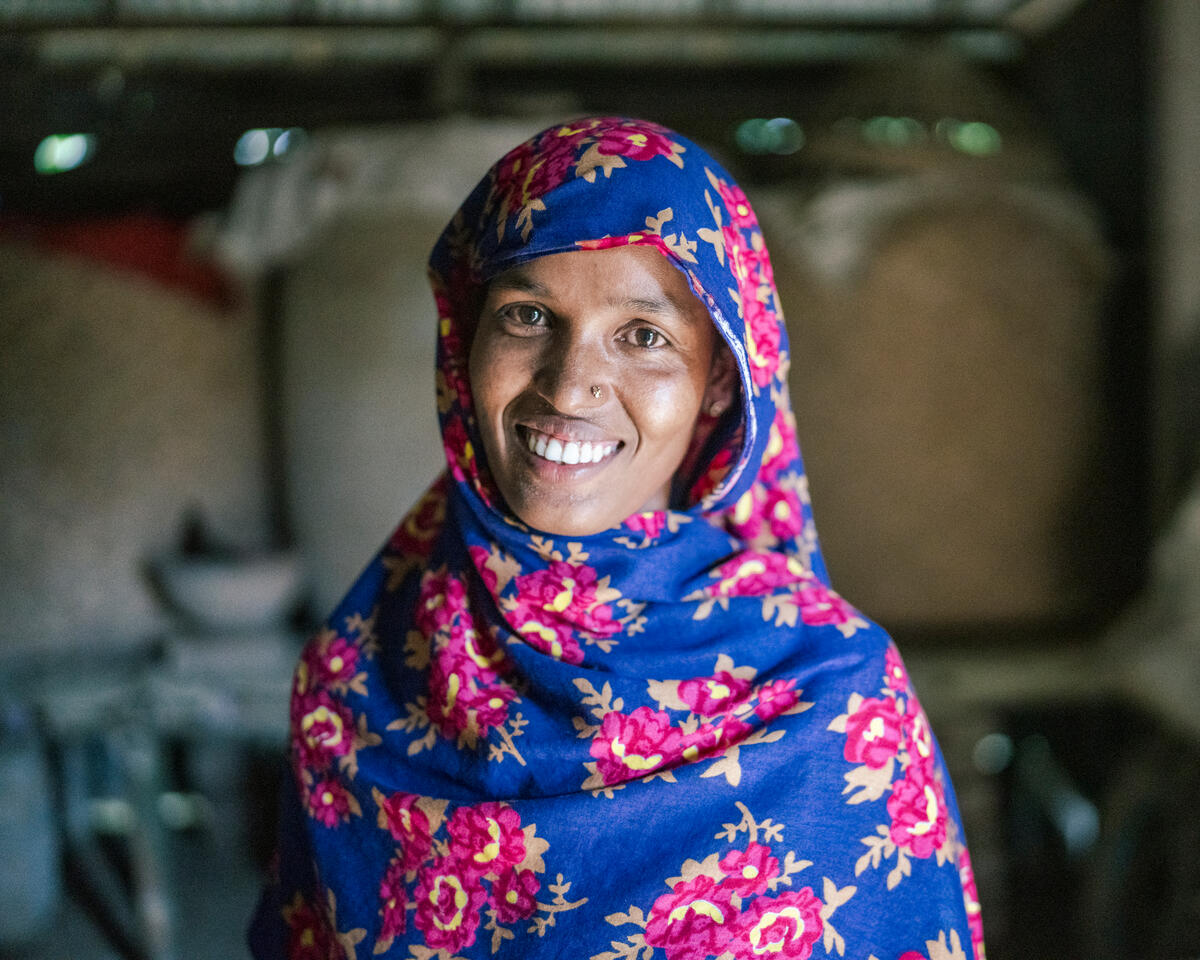
In addition to reducing your social media intake, it’s important to also consider changing how you interact on social media to use it as a tool for good.
From doom-scrolling to self-image comparisons, our nanosecond interactions tell the social media algorithms to give us more of that same content, creating a downward spiral. Instead, you can turn social media into a platform that educates and inspires you as well as a tool for positive change.
Similar to curating your news sources, you can curate who you follow on social media, so why not intentionally follow accounts that are beneficial? Then use your channels to raise awareness for important issues, share stories of people bettering their communities, and promote practical ways to help our planet and the people on it.
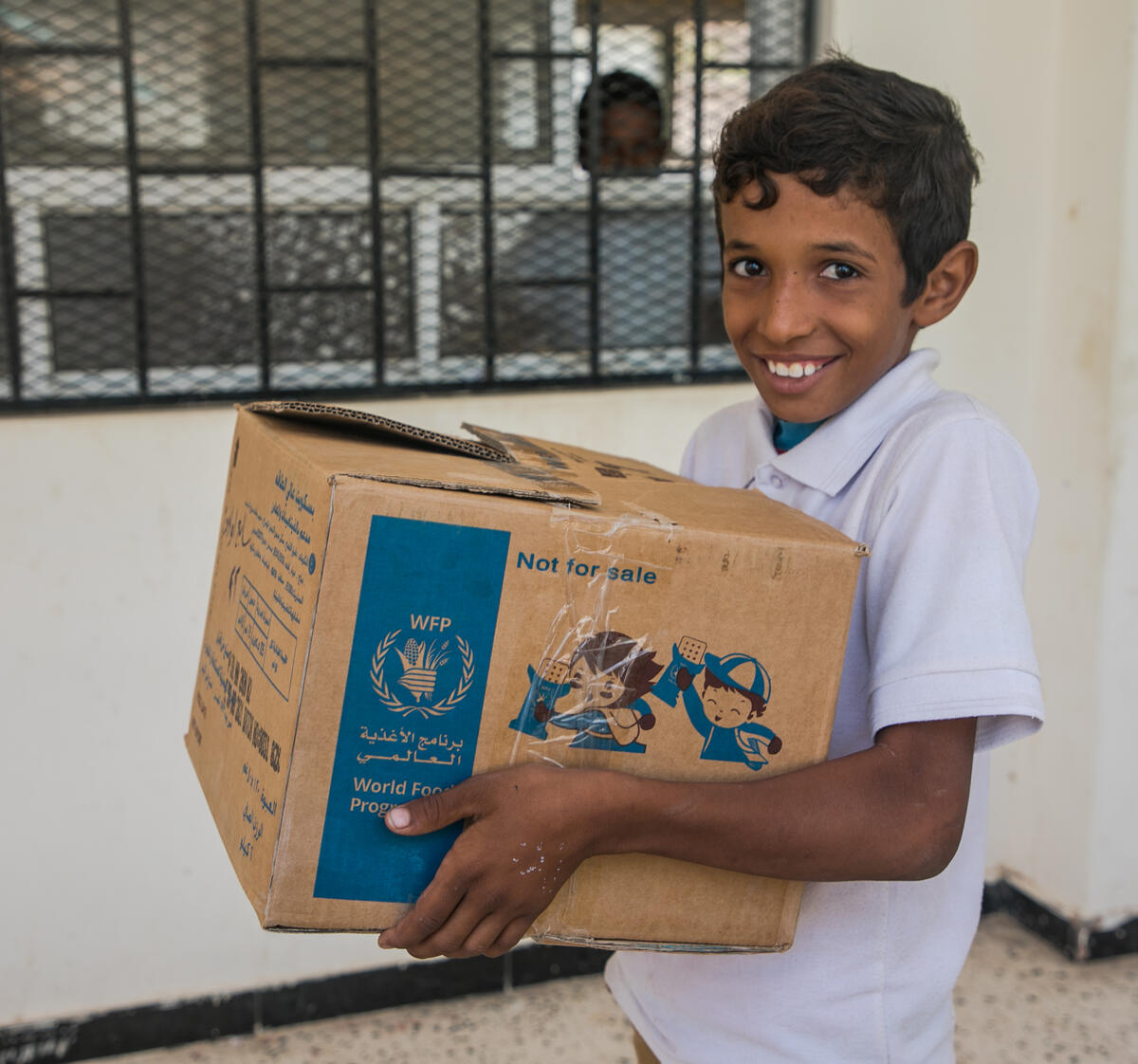
When you follow World Food Program USA’s social media channels, you’ll find educational quick bites on world hunger, stories of people making a difference and clear action steps to help others. You can use your network to advocate on behalf of the hungry by reposting that content.
Follow WFP USA on:
This year, make a regular habit of using social media for good by sharing something important, positive or helpful every time you’re online.
3. Waste Less Food
As climate change becomes a more pressing issue, it’s more important than ever for everyone to play a part in the solutions. There are many changes we can each make in our personal lives to be more environmentally friendly and one of the easiest is cutting down on food waste.
Each year, we waste $1 trillion worth of food – enough to feed 2 billion people. This has a detrimental impact on the environment, emitting 3 billion tons of greenhouse gases each year which have an outsized impact on the world’s poorest people. Learn more about how food waste has an impact on hunger around the world.
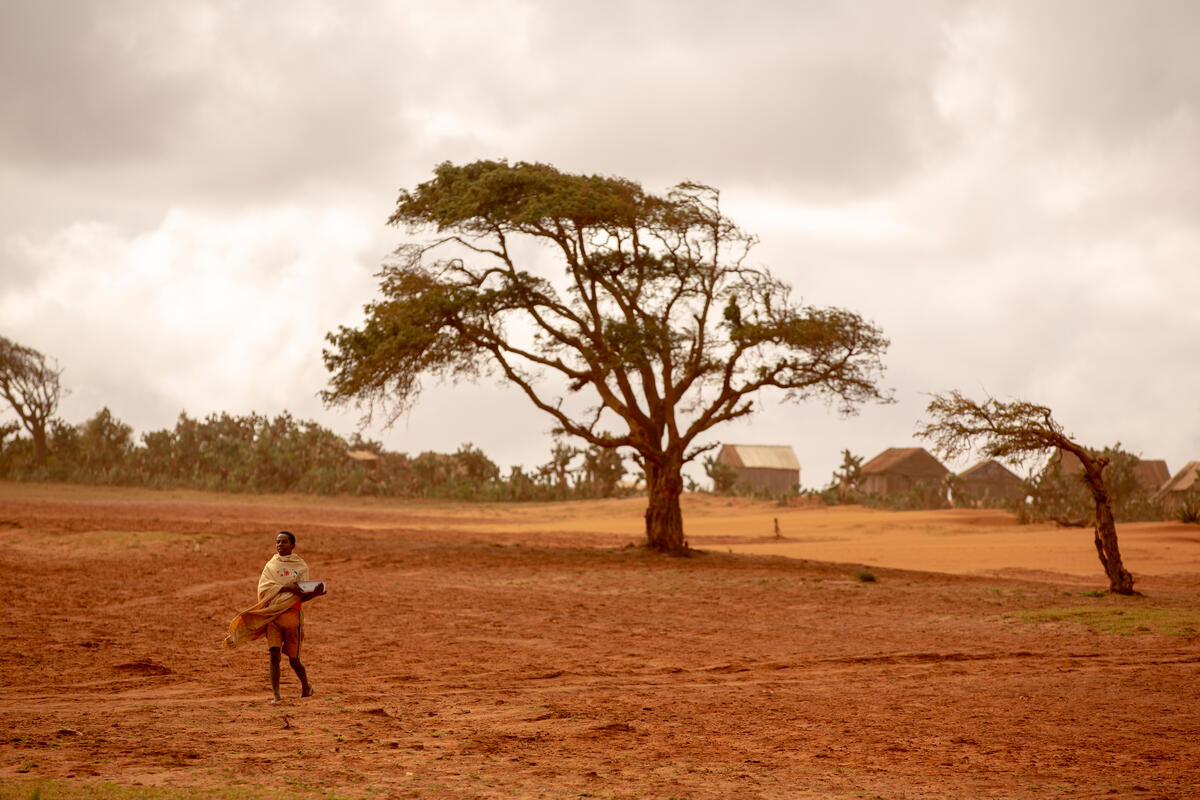
High-income countries tend to be the worst polluters, but people living in low-income countries experience the negative effects of extreme climate the most – facing droughts and floods that destroy crops and cause extreme hunger.
But there are practical steps we can each take to reduce food waste.
It starts with not throwing away food. Try to save leftovers – whether from a restaurant or home cooking – for another meal. Avoid overbuying food at the grocery store that could go bad quickly. And buy “imperfect” or “ugly” food – fruits and vegetables that may look bruised or deformed but are perfectly good to eat. These usually get thrown out by stores, thus contributing to food waste.
These simple actions will cut down on the greenhouse gases warming our planet and harming the world’s hungriest people
4. Use Your Voice to Influence Government
Many of us shake off the political cobwebs around elections and we use our voices when we vote. Yet, we see real, sustainable change when we carry the banner of activism and advocacy year-round.
After our political leaders get elected, their actions are still influenced by our involvement. By calling or writing to your elected officials, you can hold them accountable to decisions that affect your community. Many elected officials also have influence over foreign affairs that impact issues around the world, including hunger.

This year, set aside some time each month to advocate on behalf of others. Visit our Advocacy Campaigns page to learn more.
If you believe in the mission of the U.N. World Food Programme to end world hunger, you can help pressure our government to make decisions that help feed the hungry. World Food Program USA makes it easy for you: Visit our Advocacy Campaigns page to find an issue that resonates with you. You can then copy and modify a template letter advocating on behalf of the hungry. Just enter your address and we’ll automatically send that letter on your behalf to your representatives.
5. Be Grateful (and Generous) With Every Meal
We know that it’s good to be grateful. Numerous studies indicate that gratitude has a positive effect on our health. The United Nation’s annual World Happiness Report states how gratitude is an important factor in psychological and physical well-being, especially during the pandemic. It can be hard to build gratitude into your daily life, but an easy way to do that is through food.
Food is something we often take for granted. For most of us, it’s plentiful, affordable and easily accessible. But for more than 800 million hungry people around the world, the question isn’t what they’ll have for dinner, it’s if they’ll have dinner at all.
Since eating is such a routine part of our lives, integrating gratitude and generosity into every meal is a great way to develop that habit. WFP’s ShareTheMeal app makes it really easy to build that habit of gratitude and generosity around every meal.

Whenever you sit down to eat, remember to open the app and “share a meal” with someone else. With just a tap on your phone, you’ll easily donate $0.80, enough to send a meal to someone in need.
Doing this every meal, or even one meal a day, is simple and easy but has tremendous impact for people who are receiving your “shared” meals. Over time, your gratitude and generosity will have saved many lives from hunger. Over 100 million meals have already been shared through the app – join others in making a difference.
These are just a handful of personal habits you can develop this year that also have a positive ripple effect on people around the world. You can find more ways to help solve world hunger here.
Want help turning new habits into a regular routine? Check out our article on 30-Day Self-Improvement Challenges >
We wish you the best as you pursue your goals this year. As you do, you can also help make the world a better place. And in our opinion, humanitarianism looks really good on you.




